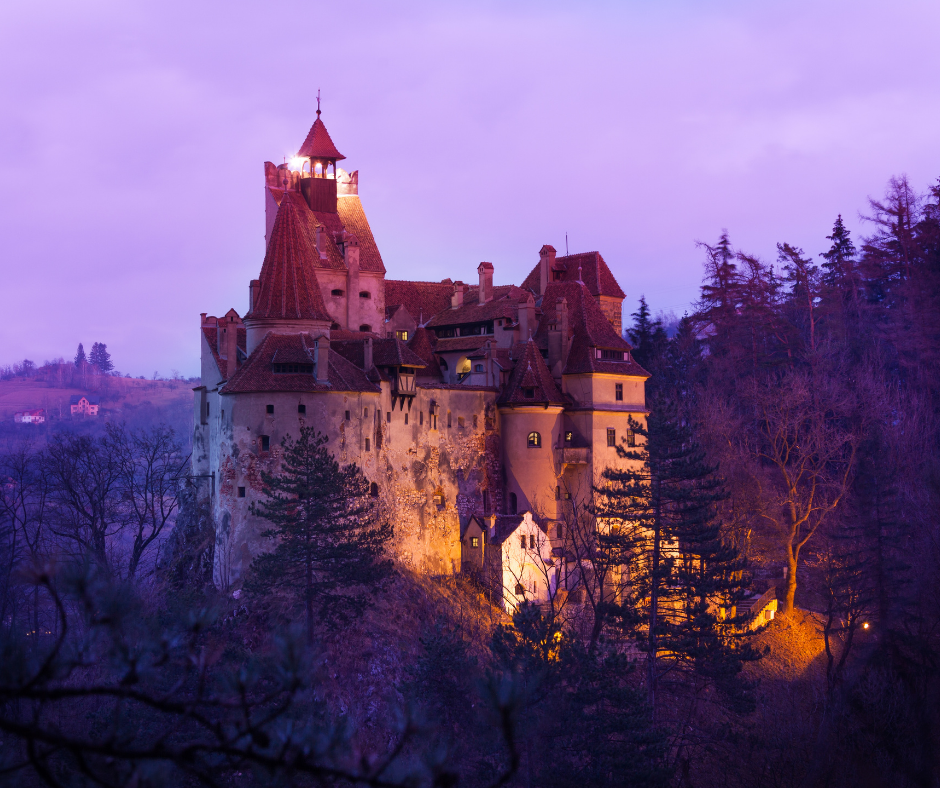
Romania’s travel sector is entering a new phase of expansion.
Once known primarily for its heritage, culture, and natural beauty, the country is now becoming one of Eastern Europe’s most dynamic hospitality markets.
With government-backed investment, EU infrastructure funding, and a surge in both local and international hotel development, Romania is positioning itself as a rising destination for leisure, business, and MICE travel.
But growth brings new challenges. While hotels and destinations multiply, distribution systems remain fragmented, and digital adoption is still uneven. The next chapter for Romania isn’t about building more hotels, it’s about connecting them smarter.
From Bucharest to Brasov: Expansion on Every Front
Romania’s travel network is expanding beyond its capital. Bucharest, Cluj-Napoca, Brasov, and Constanța continue to anchor corporate and city travel, but development is extending across the country.
Recent milestones include:
Public programs are also helping. Government and EU-backed investments are funding infrastructure upgrades, digitalization grants, and simplified licensing processes to encourage growth.
The challenge now is ensuring this expanding hotel base can be efficiently sourced and booked by global buyers in real time.
Beyond the Castles: The Barriers to Modern B2B Travel
Romania’s tourism sector is evolving quickly, but operational gaps remain.
The result is a market full of energy and expansion, but still lacking the digital backbone to connect supply and demand efficiently.
Invest, Upgrade, Digitalize
Romania’s tourism strategy focuses on sustainable development and modernization.
Key measures include:
Private operators are also modernizing, adopting new property management systems, online booking tools, and digital payment options. However, these systems often operate in isolation. The missing link is a unified platform that integrates them into one connected marketplace.
From Manual to Marketplace
This is where B-Marketplace makes a difference.
By aggregating Romania’s growing hotel supply into a single digital ecosystem, B-Marketplace enables seamless connections between hotels and global B2B buyers.
It transforms how procurement teams, OTAs, and DMCs source, contract, and settle.
In essence, B-Marketplace gives Romania’s travel sector the digital infrastructure it needs to compete on a global scale.
Why Romania, Why Now?
With the foundations already in place, Romania is ready for the next stage, one defined by smarter systems, stronger data, and greater global reach.
Connected Romania: A New Chapter in B2B Travel
Romania’s story has always been one of contrast: historic charm and modern ambition. Today, that contrast is driving transformation.
By embracing platforms like B-Marketplace, Romania’s hotels, agencies, and buyers can operate in a shared, data-driven environment, one that brings visibility, efficiency, and global reach.
📩 Let’s connect: sales@bakuun.com
Because Romania’s next travel story isn’t just about its castles, it’s about connection.